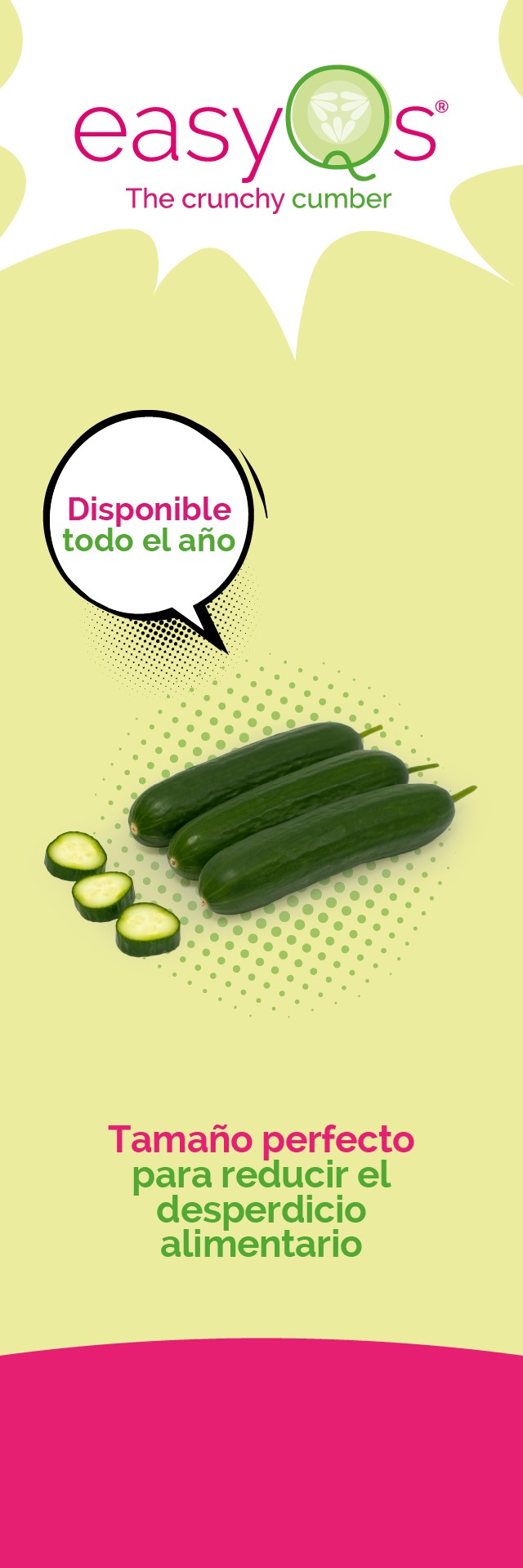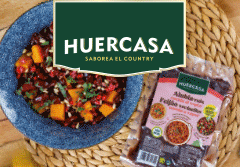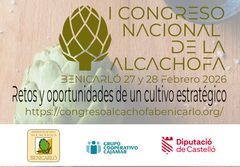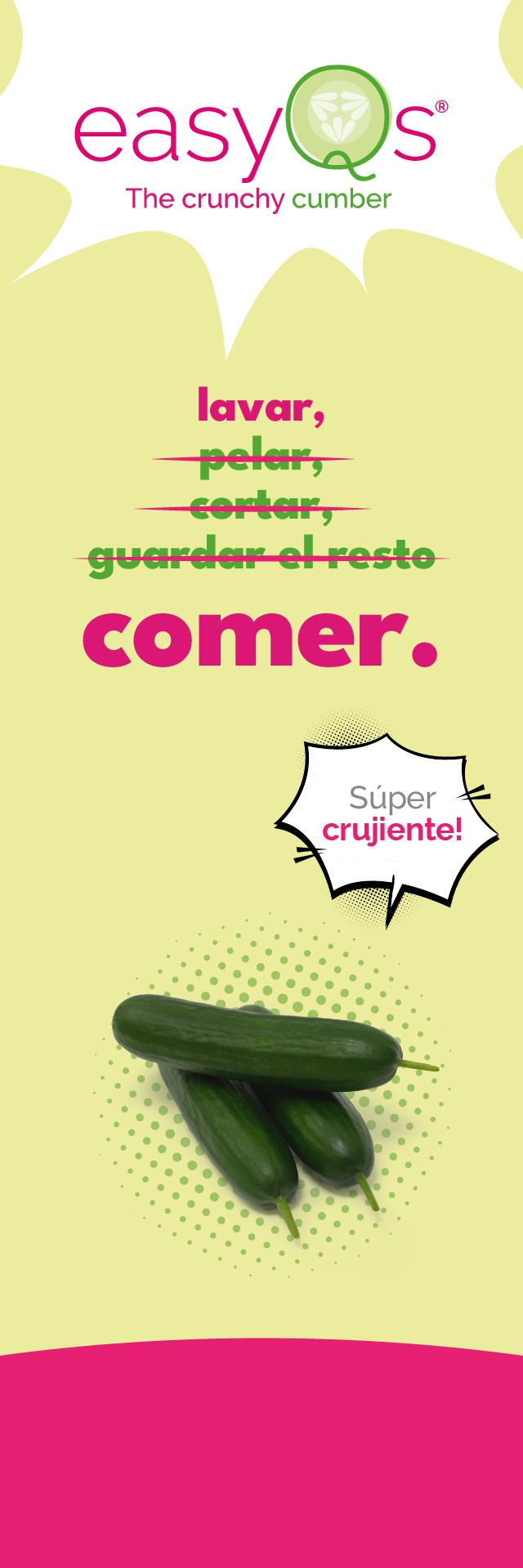The French company’s varieties are obtaining very good results in flavour and lifespan in the stone fruit producing countries, such as Chile and South Africa.
Recently arrived from Chile and already preparing the next Fruit Logistica trade fair in Berlin, Laurence Maillard had the chance to talk to Fruit Today about the future of Agro Selections Fruits’ varieties.
Could you tell me about your company’s results in Chile?
Our return from Chile has been a very happy one since our varieties are adapting particularly well to the requirements of its fruit growing industry. After a few years, when Chilean stone fruit production has appreciably dropped, it seems that our varieties are giving top results. On the agronomic aspect, production has increased reaching 35,000 or 40,000 tonnes per hectare. And from the commercial point of view, we have seen excellent quality, with a shelf life of up to 55 days and an unmistakable flavour. This point is very important for Chile since it is a prominently exporter country, with important experience in long distances. The first varieties that are being exported are yellow and white-fleshed nectarines.
I think that you also have some good news about the results reached in South Africa?
Yes, an engineer from our company has just travelled out to the country and the news reaching us indicates that the adaptation results have been just as successful.
What can you tell me about productions in Europe?
Some countries, such as France, are consolidated markets, since we represent 30% of the plantations. With Italy we keep in touch and in Spain, although we have no reliable figures at present, the expansion continues to move forward, particularly in the north-eastern producing areas, where we have strengthened our relations with the producers.
What is happening in the different categories: flat peaches, nectarines, etc?
We continue to complete and improve, if possible, the flat peach range. Regarding flat nectarines, we are going to have a range that will cover the three months of the season. Another of the categories that we will take on will be apples and I think that next year we should have some agreements signed with different companies. With respect to apricots, we have an important presence and development in my own country. And in the southern hemisphere, there are two varieties that might fit in, but the long post-harvest life of the produce must be taken into account.
In which direction are the company’s selection targets moving?
One of the important points is obtaining varieties in line with the worldwide challenge which we are facing regarding environmental sustainability and reduction of both water footprint and plant protection products. This is a value that must be taken into account at the start of the chain in order to obtain varieties with fewer treatments, but that retain their flavour, such as those belonging to the REGAL’IN® brand name.
Are you a strong defender of the legality of vegetable material?
Yes; we want to obtain a modern, professional industry. Intellectual property and research must be paid for because they are expensive. They are very long processes that need important financial investments along with a significant effort made by the professionals who carry them out.





















